
The contemporary political landscape, a complex tapestry of narratives and shifting loyalties, has recently been stirred by influential podcaster Joe Rogan. His commentary on the temporary suspension of late-night host Jimmy Kimmel’s talk show has reignited critical debates surrounding free speech, potential government overreach, and media responsibilities in a deeply polarized nation. This incident, sparked by Kimmel’s remarks concerning the assassination of conservative activist Charlie Kirk, swiftly evolved into a significant flashpoint for national discourse.
Rogan, a figure widely recognized for his expansive platform and prior endorsement of President Donald Trump, has surprisingly directed a pointed warning towards segments of the MAGA movement. His critique specifically targets those who celebrated Kimmel’s brief sidelining. Rogan argues that such jubilation over perceived government pressure on speech sets a dangerous precedent, one that could ultimately be leveraged against conservatives themselves. This nuanced stance from a prominent voice on the right underscores profound ideological fissures regarding fundamental principles of expression and media control.
The ensuing discussions, amplified across various media channels, have drawn considerable attention to the often-blurred distinctions between corporate editorial decisions and governmental influence. This is particularly salient when powerful political figures vocalize public disapproval. Rogan’s forthright commentary on “The Joe Rogan Experience” podcast demands an in-depth examination of the forces at play, the immediate consequences for Kimmel, and the broader implications for free speech in an increasingly volatile public sphere. This analysis seeks to unpack the layered complexities of this high-profile controversy.
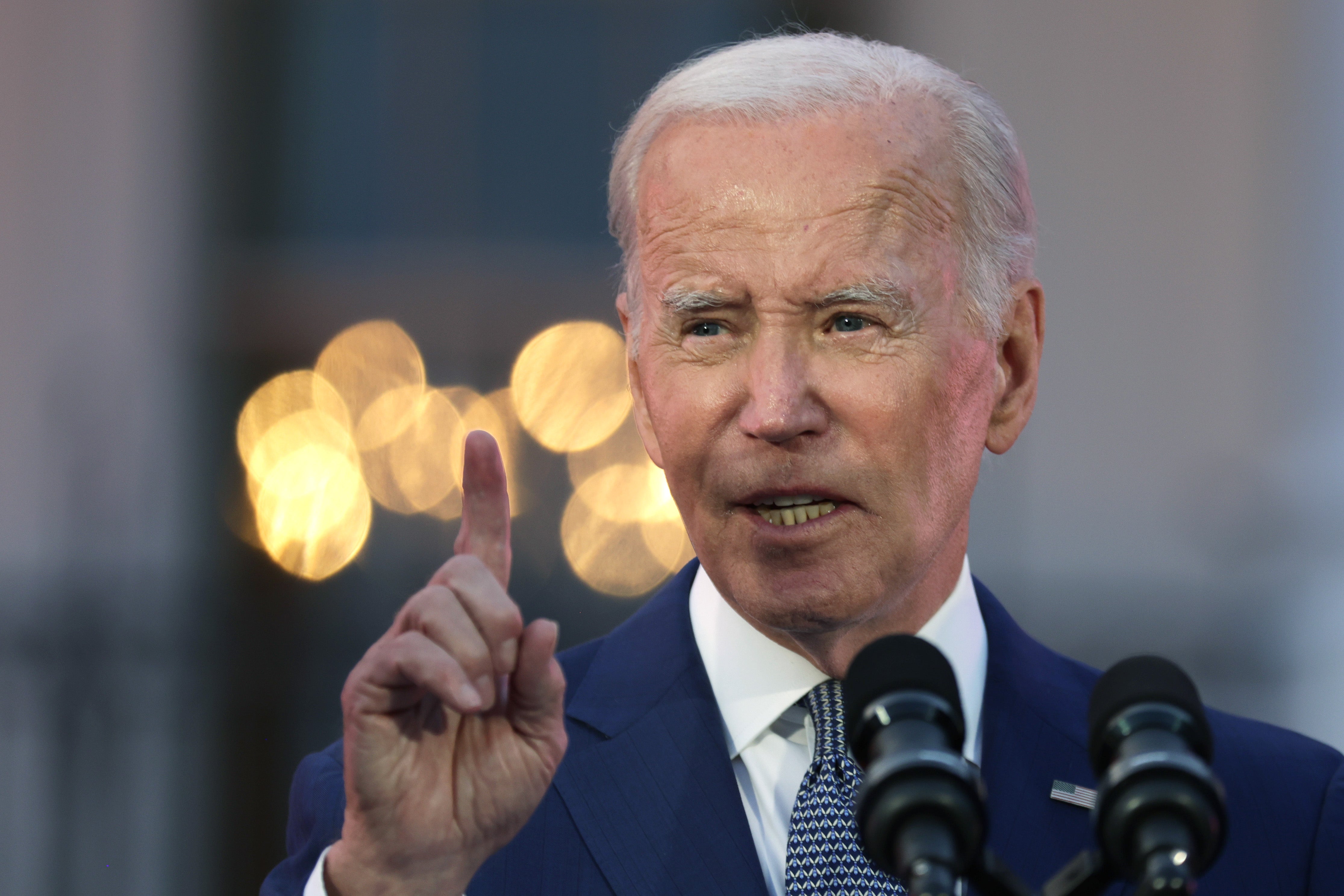
1. **Joe Rogan’s Unequivocal Stance Against Government Intervention in Comedy.**
Joe Rogan articulated a firm and unambiguous position on the government’s role in regulating comedic expression, declaring, “I definitely don’t think that the government should be involved ever in dictating what a comedian can and cannot say in a monologue. That’s f*****g crazy.” This powerful statement forms the bedrock of his argument, emphasizing the sanctity of free speech, particularly within entertainment and political satire. His emphatic language underscores the intensity of his conviction against any governmental interference.
Rogan maintains this principle must be universally applied, transcending partisan allegiances. He perceives a significant danger in establishing a precedent where official entities can directly or indirectly silence voices. For a figure with a platform boasting over 20 million YouTube subscribers, the notion of dictating speech fundamentally challenges independent media and robust public discourse. His comments were a clear repudiation of any suggestion that political discomfort should justify governmental censorship or pressure on content creators.
The podcaster further elaborated by drawing a crucial link between governmental pressure and corporate actions. He highlighted, “Now, the problem is, the companies, if they’re being pressured by the government—if that’s real—and if people on the right are like, ‘Yeah, go get ’em,’” pointing to a subtle yet potent form of influence. This extends beyond direct government edicts to the more insidious pressure exerted on companies like ABC, which ultimately make programming decisions. Rogan’s focus remains firmly on the mechanism of censorship, whether overt or covert, and its potential to erode fundamental liberties.
Rogan’s position is particularly notable given his own history of hosting controversial guests and navigating provocative topics. His defense of Kimmel, often a target of conservative criticism, appears less as a political alignment and more as a principled stand for open discourse. It reflects a broader concern about the chilling effect that government-backed pressure can have on creative expression and critical commentary. This perspective reinforces the idea that the Kimmel controversy is a significant battleground for the future of free expression in America.
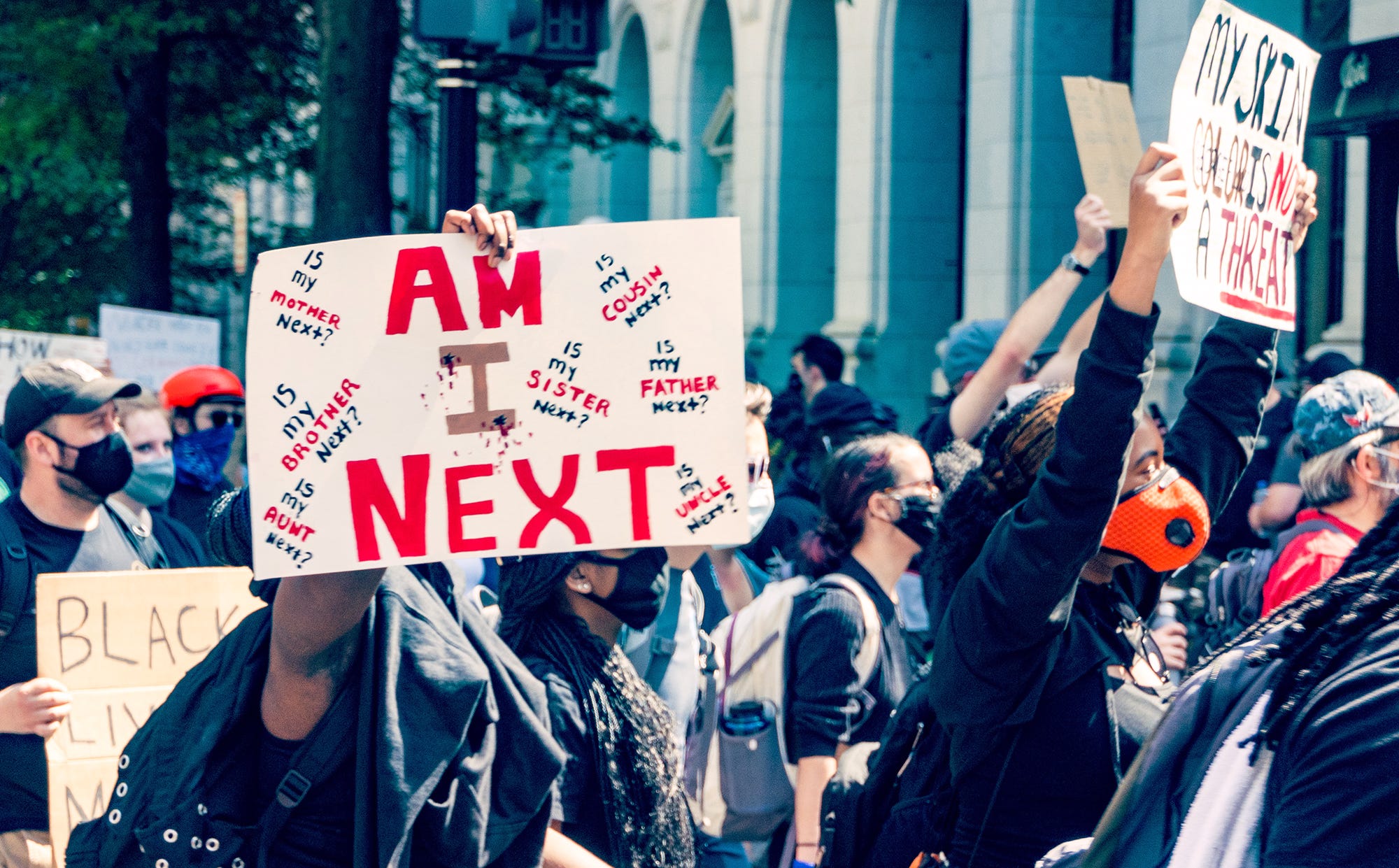
2. **Rogan’s Direct Warning to MAGA Supporters: “This Will Be Used On You.”**
Among the most potent elements of Joe Rogan’s commentary was his direct and unequivocal warning to MAGA supporters who cheered Jimmy Kimmel’s temporary suspension. Rogan, a past endorser of President Donald Trump, explicitly cautioned, “You’re crazy for supporting this because this will be used on you.” This admonition, delivered with dramatic emphasis, underscored his belief that short-term political victories achieved through suppressing speech would inevitably backfire on those who championed them.
Rogan expanded on this severe caution, outlining a scenario where censorship, once normalized and accepted by one political faction, could easily be turned against them. He posed a rhetorical question, suggesting that those in power—whom he colorfully termed “the f*****g globalist lizard people who run the world”—are “sitting here going: ‘Great. What do we got? Three years. We’ll wait this out. We’ll wait this out. Yeah, let ‘em say the government should be involved in censoring people’s speech.’” This illustrates his conviction that endorsing censorship, even against an ideological opponent, empowers forces that could later suppress conservative voices.
The podcaster’s warning functions as a strategic caution, urging a long-term perspective over immediate partisan gratification. He implies that by celebrating Kimmel’s sidelining due to perceived government pressure, segments of the right are inadvertently validating a dangerous mechanism. This mechanism, he suggests, could be wielded by future administrations or power structures against their own interests. It represents a critical insight into the cyclical nature of power and the potential for today’s cheerleaders to become tomorrow’s targets.
His remarks were pointedly directed at those within the MAGA movement who might prioritize silencing opponents over defending foundational liberties. Rogan challenged them to consider future consequences, urging against being swayed by the immediate satisfaction of seeing an adversary silenced. Instead, he called for adherence to enduring principles of free expression. This warning forms a central pillar of his commentary, a direct challenge to the political expediency that can often overshadow principled stands.
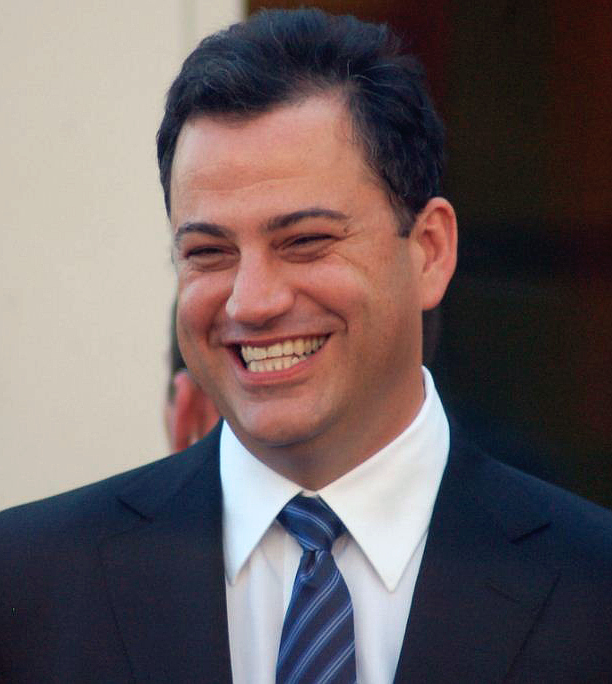
3. **The Temporary Suspension of “Jimmy Kimmel Live!” and Its Catalysts.**
The catalyst for this widespread debate was the temporary removal of “Jimmy Kimmel Live!” from ABC’s airwaves. This hiatus was not a routine break but a direct consequence of Kimmel’s comments, which some deemed “objectionable.” Specifically, his remarks concerned the assassination of conservative activist Charlie Kirk, eliciting swift and forceful reactions from various political figures and the public.
During his Sept. 15 monologue, Kimmel stated, “The MAGA gang is desperately trying to characterize this kid who murdered Charlie Kirk as anything other than one of them, and they are doing everything they can to score political points from it.” This commentary, linking the alleged shooter to the MAGA movement and accusing conservatives of exploiting the tragedy, quickly became a focal point of outrage and criticism. Many critics classified Kimmel’s remarks as “mocking” Kirk’s death, leading to significant backlash.
The intensity of the reaction, particularly following commentary on political commentator Benny Johnson’s YouTube show, contributed to ABC’s decision to pull the show. The network initially suspended “Jimmy Kimmel Live!” last week, an action widely interpreted as a direct response to the pressure generated by these controversial remarks. This corporate decision, whether internally driven or externally influenced, set the immediate stage for the broader discussion on censorship and free speech.
Initially reported as “pulled off the air ‘indefinitely’,” before its eventual return, the incident underscored the gravity of the situation. It vividly illustrated the immediate and tangible consequences that can arise when a high-profile media personality makes comments crossing perceived lines of propriety or political acceptability. Such occurrences are particularly impactful when these comments become the subject of intense public and political pressure, demonstrating the profound pressures faced by media organizations.
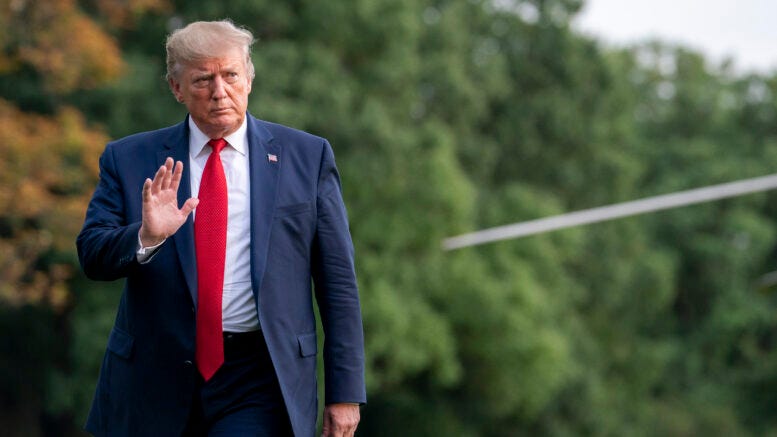
4. **The Role of FCC Chair Brendan Carr and Allegations of Government Pressure.**
A critical element fueling the controversy and Joe Rogan’s concern about government intervention was the explicit involvement of Brendan Carr, the chairman of the FCC. Carr publicly threatened ABC over Kimmel’s remarks, elevating the situation beyond mere public outcry to one involving a federal regulatory body. His warning, “We can do this the easy way or the hard way,” delivered on political commentator Benny Johnson’s YouTube show, sent a clear message that direct governmental action was a possibility if ABC did not address the situation.
This public threat immediately sparked immense backlash, generating widespread concern that the government was actively “meddling and trying to suppress free speech.” The FCC chair’s comments were widely perceived, including by Rogan, as an attempt to leverage governmental authority to influence editorial decisions at a private media company. While Carr later denied that his comments were intended as a threat or that government pressure caused Kimmel’s suspension, the initial remarks were unequivocally interpreted as such.
Rogan himself highlighted a hypothetical, yet alarming scenario: “If the government tried to silence Jimmy Kimmel because they were trying to push through some sort of merger and [Trump] doesn’t like Jimmy Kimmel, that should be exposed.” This comment directly linked the potential for government pressure to broader political motivations, suggesting a more systemic issue than just a single controversial monologue. It raised significant questions about the use of regulatory power to achieve political ends, a concern central to Rogan’s argument against censorship.
The context explicitly states that “the issue there, which Rogan noted accurately in the other clip, was the possibility of government intervention being the driving cause.” It was difficult to argue to the contrary, “considering the FCC chair openly threatened ABC over his remarks.” This direct governmental involvement, irrespective of whether it was the sole cause of the suspension, undeniably contributed to the perception of undue influence and became a primary focal point of the free speech debate.
Read more about: Hollywood Speaks Out: Jason Bateman Leads the Charge as Jimmy Kimmel Live! Faces Indefinite Hiatus Amid Free Speech Battle

5. **Donald Trump’s Reaction to Kimmel’s Return and Sustained Criticism.**
Former President Donald Trump actively engaged with the Kimmel controversy, particularly following the show’s return to airwaves, adding another complex layer to the saga. Trump utilized his Truth Social platform to vociferously criticize Kimmel, unequivocally expressing his disapproval of ABC’s decision to reinstate the comedian. This direct intervention by a former president, who remains highly influential in conservative politics, significantly amplified the political dimensions of the free speech debate.
Trump’s criticism was sharp and personally targeted, directly questioning Kimmel’s professional capabilities and ABC’s judgment. He wrote, “I can’t believe ABC Fake News gave Jimmy Kimmel his job back. The White House was told by ABC that his Show was cancelled! Something happened between then and now because his audience is GONE, and his ‘talent’ was never there. Why would they want someone back who does so poorly, who’s not funny, and who puts the Network in jeopardy by playing 99 percent positive Democrat GARBAGE.” This statement not only lambasted Kimmel but also alluded to insider knowledge of ABC’s internal discussions, claiming prior notification of the show’s cancellation.
Rogan himself expressed astonishment at Trump’s continued focus on Kimmel, questioning the allocation of a former president’s time and energy. He observed, “I think that is also f*****g insane. … How do you have time while you’re running the world to be tweeting that you don’t like talk show hosts?” This criticism from Rogan, an erstwhile supporter, highlighted the perceived triviality of Trump’s engagement with late-night comedy amidst broader national and international concerns. It suggested such public displays of personal animosity were unbecoming of a presidential figure.
The context further reveals Trump had “celebrated Kimmel’s suspension after years of griping about his monologue disses.” This long-standing antagonism indicates that Trump’s reaction was not an isolated incident but rather part of a continuous pattern of criticism towards comedians and media figures he perceives as critical or unfunny. His sustained public attacks against Kimmel and other late-night hosts underscore a broader sentiment within segments of the right that these figures are politically biased and deserving of censure.
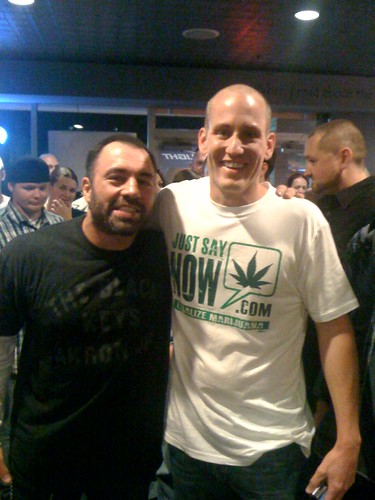
6. **Conservative Divisions: Celebrating the Suspension vs. Defending Free Speech.**
The immediate aftermath of Jimmy Kimmel’s temporary suspension laid bare a significant fault line within conservative circles, revealing a clear division between those who celebrated his removal and those who expressed profound concern over the implications for free speech. This internal ideological struggle was a key observation made by Joe Rogan and others, highlighting that the concept of free speech itself could be selectively applied based on political alignment.
While “some on the right cheered when Kimmel was sidelined,” viewing it as a justified consequence for his controversial comments, “other conservatives and Trump supporters said that the administration was going too far in attempting to police free speech.” This dichotomy underscored a tension between partisan loyalty and a principled adherence to constitutional rights. For some, silencing a critic like Kimmel represented a welcome outcome, a perceived victory in the ongoing “culture war.” For others, the apparent governmental pressure constituted a dangerous precedent that could, in time, threaten their own platforms.
Rogan’s direct appeal to MAGA types was precisely aimed at this division, urging them to recognize the long-term dangers of celebrating censorship. He challenged the “crazy” notion that it was acceptable for “big companies like ABC are ‘being pressured by the government’” simply because the target was someone with whom they disagreed. His argument highlighted the potential hypocrisy of advocating for free speech while simultaneously cheering its suppression when directed at political opponents.
Internet reactions to Rogan’s stance further illustrated this internal conflict. While many lauded him as a “voice of reason,” others were less forgiving, pointing to his prior endorsement of Trump and suggesting he was now experiencing the consequences of actions he once supported. One user, @GeminiJack11, observed, “conservatives who think its okay for their government to silence free speech shouldn’t get mad when it happens to them as soon as the country (undoubtedly) becomes blue again.” This comment encapsulates a strategic concern within conservative ranks about the precedent being set.
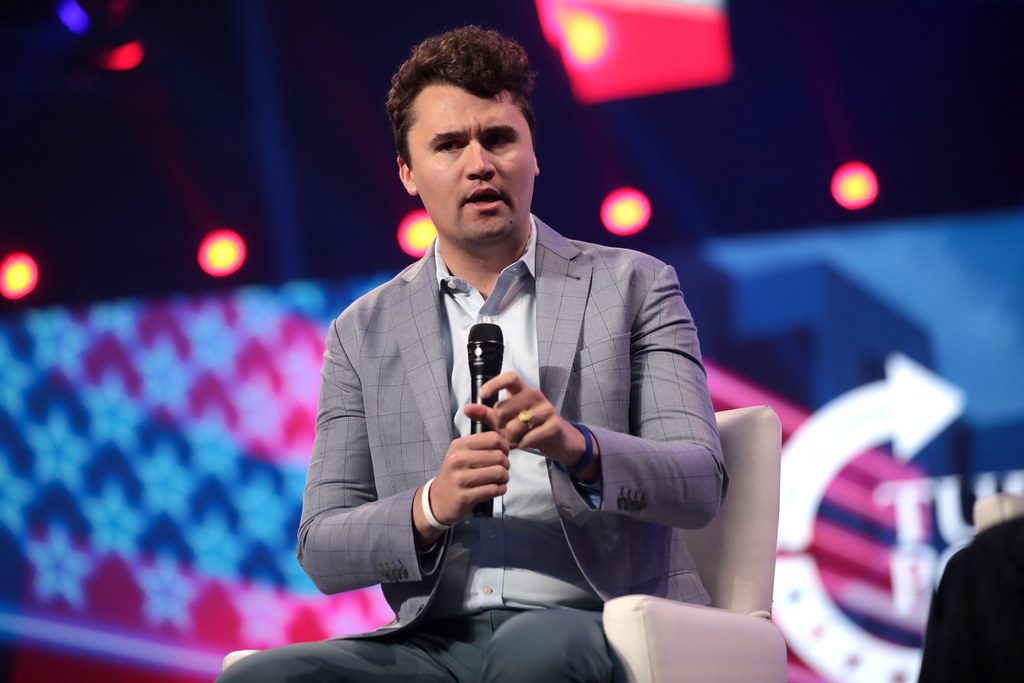
7. **Kimmel’s Comments About Charlie Kirk’s Assassination and Their Impact.**
At the nexus of the “Jimmy Kimmel Live!” controversy were the specific remarks made by the host regarding the assassination of conservative activist Charlie Kirk. These comments, delivered during his Sept. 15 monologue, served as the direct catalyst for the intense backlash and subsequent temporary suspension of his show. Understanding the precise nature of these statements is crucial to grasping the magnitude of the reaction they provoked.
Kimmel’s monologue primarily focused on what he perceived as the MAGA movement’s response to Kirk’s death, stating, “The MAGA gang is desperately trying to characterize this kid who murdered Charlie Kirk as anything other than one of them, and they are doing everything they can to score political points from it.” This assertion was not merely a factual report but an interpretive commentary that linked the alleged shooter to a specific political ideology and accused a political movement of strategic distancing.
The language employed by Kimmel, particularly the phrase “The MAGA gang is desperately trying to characterize this kid who murdered Charlie Kirk as anything other than one of them,” was immediately met with fierce criticism. Critics quickly classified his remarks as “mocking” Kirk’s death, rather than offering neutral or sympathetic commentary on a tragic event. This perception of disrespect or politicization of a death fueled much of the outrage, especially from conservative quarters who deemed it insensitive or inflammatory.
The impact of these comments was immediate and far-reaching, triggering widespread public condemnation and, critically, prompting the public threat from FCC Chair Brendan Carr. The controversy “sparked an immense backlash over concern that the government was meddling and trying to suppress free speech,” fundamentally shifting the narrative from a comedian’s monologue to a national debate on censorship and governmental influence. Kimmel’s words thus became a flashpoint for much larger political and ideological battles.
Even Joe Rogan, while defending Kimmel’s right to free speech, acknowledged the factual inaccuracy of some of Kimmel’s assertions. Rogan commented, “It wasn’t accurate, though,” regarding Kimmel’s characterization of the shooter, although he still contended it “wasn’t bad” and served to set up a “very funny” joke. This nuance from Rogan suggests that while the content itself might have been debatable or flawed, the principle of allowing its expression, free from government coercion, was paramount. Regardless of their accuracy or comedic intent, Kimmel’s comments undeniably propelled him into the center of a national political firestorm.
Navigating the complexities of free speech and governmental influence, Joe Rogan’s recent commentary extends beyond the immediate specifics of the Jimmy Kimmel controversy. His insights delve into broader philosophical positions and societal challenges, offering a panoramic view of the forces he believes are shaping contemporary American discourse and its future trajectory. Rogan, known for his expansive platform, leverages this moment to articulate concerns ranging from perceived globalist agendas to the profound implications of emerging technologies.
Read more about: Beyond the Divide: Bill Maher’s Unflinching Stance on Free Speech After Charlie Kirk’s Assassination
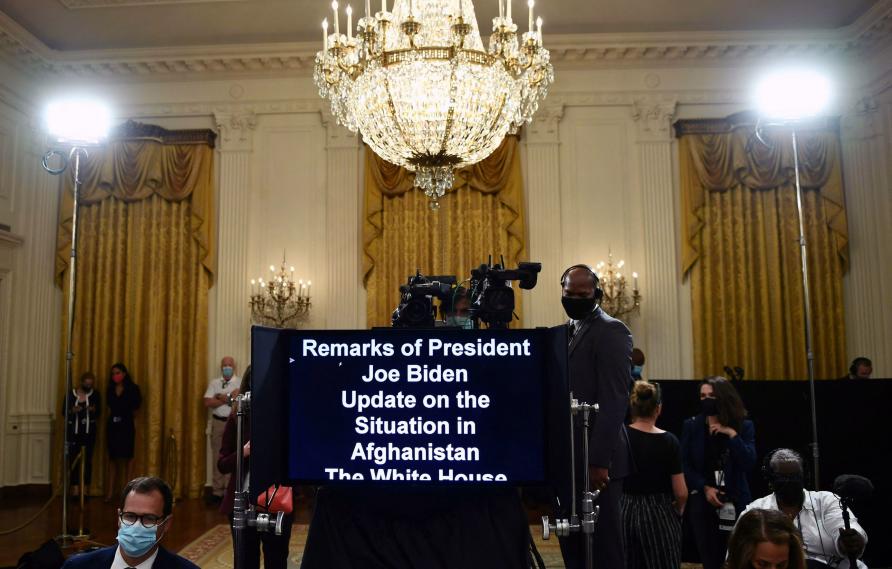
8. **Rogan’s ‘Globalist Lizard People’ Theory and Its Implications for Free Speech.**
Amidst his fervent defense of free speech, Joe Rogan interwove a more conspiratorial element into his warning to MAGA supporters: the concept of “globalist lizard people who run the world.” This provocative phrasing serves to underscore his belief that powerful, unseen entities are constantly at play, manipulating events and outcomes. For Rogan, these are the forces that stand to gain most when factions of the public endorse governmental overreach, even against their ideological rivals.
He explicitly cautioned that these shadowy figures are “sitting here going: ‘Great. What do we got? Three years. We’ll wait this out. We’ll wait this out. Yeah, let ‘em say the government should be involved in censoring people’s speech.’” This dramatic narrative posits that any normalization of censorship, regardless of its immediate target, provides a powerful precedent that can be weaponized in the future. It’s a long game, he suggests, one where short-term partisan victories are merely pawns in a grander scheme of control.
This perspective functions as a foundational element of his free speech argument, suggesting that those who endorse government intervention in speech, even against opponents, are inadvertently empowering these “globalist” forces. Rogan’s worldview often involves a deep skepticism towards established narratives and a belief that powerful entities are consistently working behind the scenes. In this context, the Kimmel controversy becomes not just a battle over a comedian’s monologue, but a skirmish in a much larger ideological war against pervasive control.
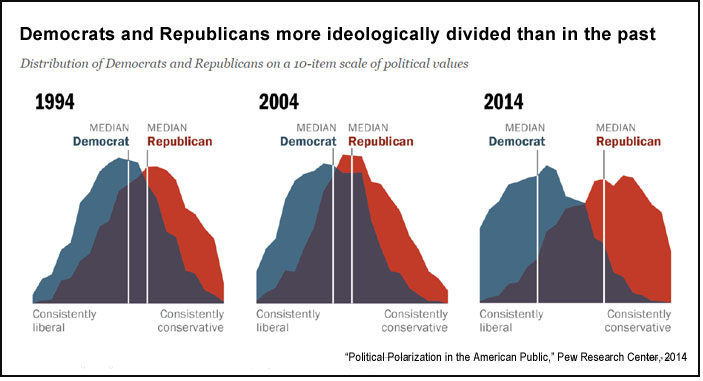
9. **Critique of Political Polarization and the “Culture War” Narrative.**
Rogan consistently articulates a profound concern regarding the intense political polarization that he perceives as dangerously amplified by the internet economy. He argues that this digital landscape, while enabling vast platforms, also fosters an environment where division can thrive. His analysis often points to external, manipulative forces exacerbating societal rifts, leading to what he terms a “fever pitch of culture war.”
He suggests, without presenting evidence, that foreign “bot farms” are specifically designed to “get people to hate each other.” This claim highlights a broader distrust of online information ecosystems, where he believes genuine discourse is often overshadowed by engineered animosity. The context notes that while “bad bots” are indeed pervasive, Rogan’s specific attribution remains speculative, yet it underscores his conviction about the deliberate manipulation of public sentiment.
One disturbing consequence of this manipulation, according to Rogan, is a degradation of public morality, where individuals become so engrossed in the “culture war” that they “lose their morals.” He cited “disturbing clips of people cheering the news of Charlie Kirk’s assassination as a prime example” of this erosion. This reaction, he claims, is starkly different from how people would have responded “20 years ago,” lamenting a societal shift driven by online extremism.
Ultimately, Rogan contends that these perpetual online “feuds” are “stupid” distractions from genuinely monumental changes occurring in the world, such as the rapid rise of artificial intelligence. He views the relentless focus on partisan squabbles as a misdirection, preventing society from confronting and adapting to the profound technological and economic transformations that truly demand collective attention and innovative solutions.
Read more about: Analyzing American Eagle’s Soaring Stock: The Sydney Sweeney ‘Great Jeans’ Campaign’s Unprecedented Impact and Controversial Resonance
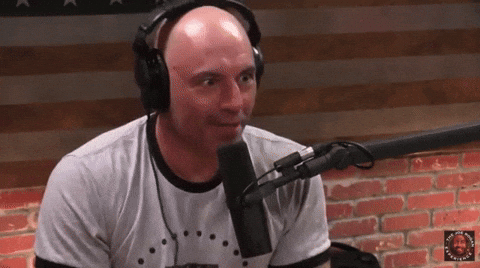
10. **Advocacy for Community and National Unity Amidst Disagreement.**
As a direct counterpoint to the pervasive political polarization, Joe Rogan passionately urged for a return to fundamental principles of community and national unity. He champions a vision where Americans, despite their varied opinions, can coexist and function as a cohesive society. This call for solidarity stands in stark contrast to the divisive rhetoric he frequently critiques, advocating for a societal framework that values shared identity over ideological schisms.
Rogan emphasized, “We have to be a community … This is the United States of America, we’re supposed to be a country, like, we can have differences of opinions.” This powerful statement underscores his belief that national identity should transcend partisan divides. He insists that political narratives should not be reduced to “stupid” binary arguments of right versus left, but rather embrace the complexities inherent in a diverse nation.
His advocacy for open discourse is intricately tied to this vision of community. Rogan argues that if audiences are offended by a host’s political bias or content, the proper response is to “let the market decide” the show’s fate, rather than resorting to governmental censorship or pressure. This libertarian-leaning perspective suggests that the health of a community is best preserved when individual choices and free exchange of ideas, not state intervention, regulate public expression.
This position aligns with his broader philosophy that genuine societal progress stems from dialogue and understanding, not from silencing dissenting voices. By fostering a culture where diverse opinions can be aired and debated without fear of government reprisal, Rogan believes a stronger, more resilient community can be forged, capable of addressing significant challenges without succumbing to internal strife.
Read more about: The Unprecedented Firestorm: Keith Olbermann’s Backlash Over Charlie Kirk Slight and the Fractured Media Landscape
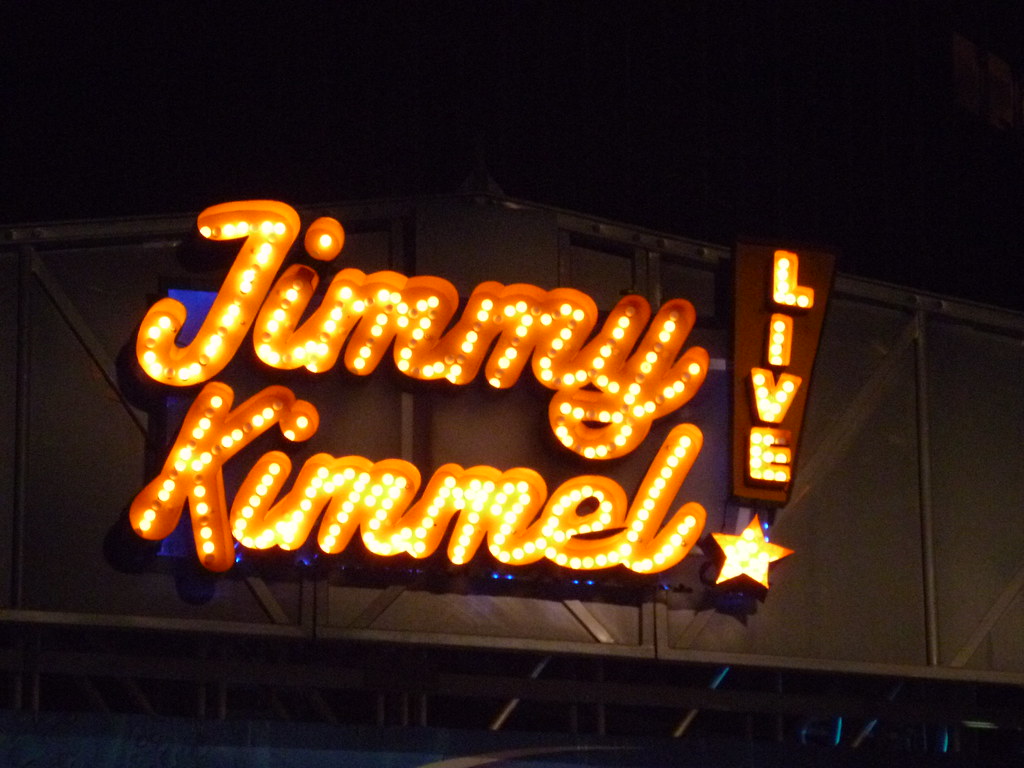
11. **Rogan’s Challenge to Perceived Double Standards in Media Removals.**
Joe Rogan also expressed concern over what he perceived as double standards in media removals, drawing a distinction between Jimmy Kimmel’s suspension and other high-profile departures. He noted a clip where he complained that Kimmel had “celebrated” the firings of conservative figures like Tucker Carlson and Roseanne Barr in previous monologues. This observation highlights a perceived hypocrisy in how different political factions react to censorship or media sidelining.
However, Rogan was quick to underscore the crucial difference in the debate surrounding Kimmel’s temporary removal. He pointed out that “the issue there, which Rogan noted accurately in the other clip, was the possibility of government intervention being the driving cause.” This stands in stark contrast to the cases of Carlson and Barr, where “there was nothing to suggest the government was involved with their respective removals.” For Rogan, the presence or absence of governmental pressure fundamentally alters the conversation.
This distinction is central to Rogan’s argument, reinforcing his position that corporate decisions, while subject to market forces, are fundamentally different from actions influenced or coerced by federal regulatory bodies. He implied that while one might criticize the content or perceived bias of a show, governmental interference transforms the situation into an assault on fundamental free speech, demanding a universal defense across the political spectrum.
The context also acknowledges some ambiguity, noting it’s “unclear if Rogan is referencing the debunked quotes critics have recently attributed to Kimmel on the matter” regarding Barr. Regardless of specific factual nuances concerning Kimmel’s past remarks, Rogan’s broader point remains about the principle: the threat of government-backed censorship is an entirely different beast from internal network decisions, and should be treated with far greater alarm by all, regardless of political alignment.
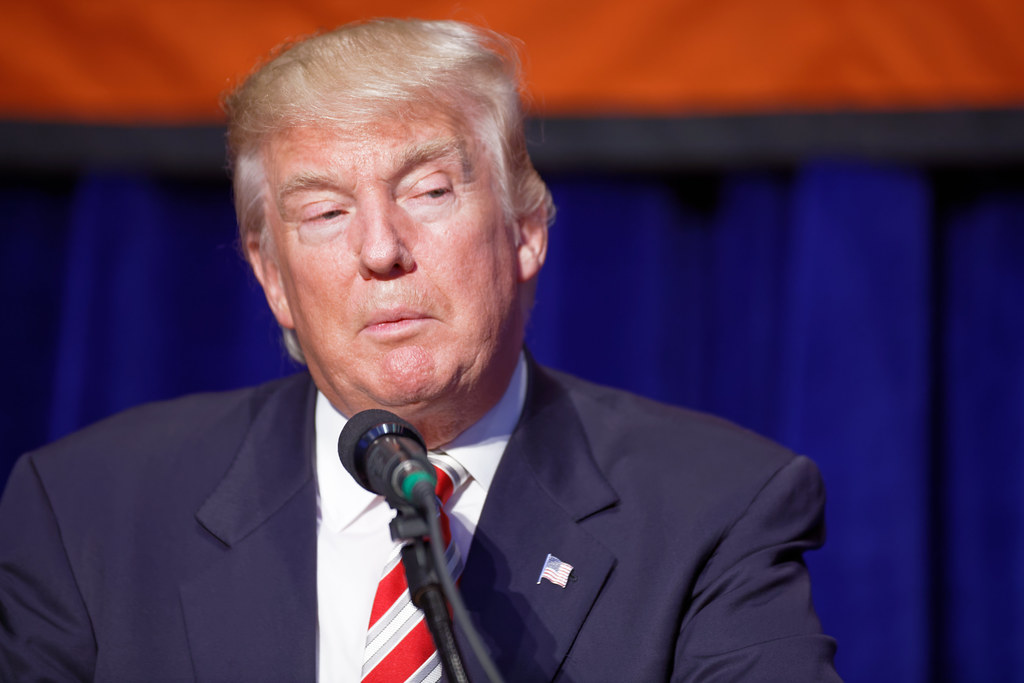
12. **Scrutiny of Presidential Social Media Use and Trivial Engagements.**
Beyond the intricacies of the free speech debate, Joe Rogan also directed sharp criticism towards former President Donald Trump’s sustained engagement with the Kimmel controversy on social media. Rogan expressed outright astonishment at Trump’s decision to use his Truth Social platform to vociferously criticize Kimmel, particularly following the show’s return. This commentary highlighted a broader concern about the allocation of a former president’s time and energy.
Rogan questioned the perceived triviality of Trump’s focus, asking, “How do you have time while you’re running the world to be tweeting that you don’t like talk show hosts?” This rhetorical question implied that such public displays of personal animosity were unbecoming of a figure who has held, or seeks to hold, the highest office. It suggested that presidential attention should be directed towards more substantive national and international concerns, rather than engaging in what he deemed petty online feuds.
This criticism from Rogan, an erstwhile supporter of Trump, indicates a principled stand that transcends partisan loyalty. It wasn’t just about the content of Trump’s tweets, but the very act of a presidential figure dedicating significant public energy to lambasting a late-night comedian. Rogan’s remarks underscored a belief that leaders should maintain a certain decorum and focus, reserving their public platform for matters of greater national import.
His observations reflect a broader societal unease about the blurring lines between serious governance and online entertainment. For Rogan, a leader “running the world” has responsibilities far greater than engaging in what he saw as trivial online spats. This stance subtly critiques the modern political landscape, where social media often becomes a primary battleground for personal grievances rather than policy debates.
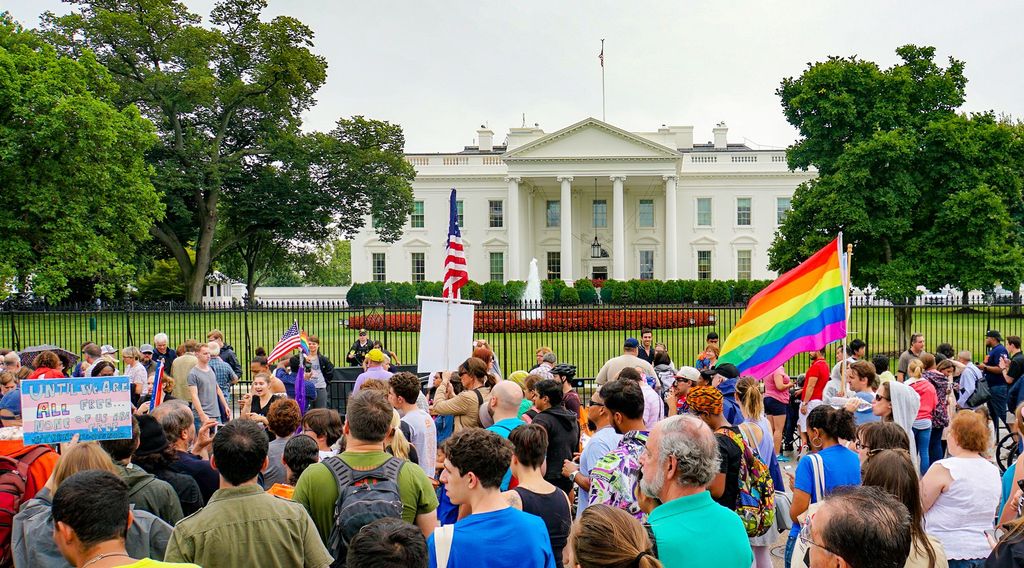
13. **Anticipating AI’s Impact: The Urgent Need for a Stronger Social Safety Net.**
In a notable shift from the “culture war” rhetoric, Joe Rogan passionately advocated for a stronger social safety net, identifying it as an urgent necessity in the face of monumental global changes. He highlighted the rapid rise of artificial intelligence and automation as a transformative force poised to reshape the global economy. This pivot underscores his belief that society’s focus should shift from divisive internal feuds to preparing for profound technological disruptions.
Rogan’s predictions regarding AI’s impact are stark: he foresees a future where artificial intelligence will “eliminate a vast number of jobs” across numerous sectors. From transportation and banking to more specialized fields like coding and legal professions, he anticipates widespread job displacement. Without adequate preparation and proactive policy measures, Rogan warned that the result would inevitably be “chaos,” signaling a critical need for societal restructuring.
To avert such a crisis, a crucial component of Rogan’s vision for a resilient community is the implementation of a robust social safety net. He returned to an idea he has repeatedly advocated: universal basic income (UBI). His reasoning is pragmatic and direct: “You’re going to have to have some way to feed people.” This reflects a fundamental concern for the well-being of a population grappling with unprecedented economic shifts.
Drawing on his own background, Rogan emphasized the importance of governmental support, stating, “When I was a kid my family was on welfare, we were poor.” This personal anecdote lends weight to his argument, grounding his policy proposals in lived experience. His gratitude for the assistance his family received underscores his conviction that basic support systems are not just compassionate, but essential for societal stability and individual opportunity.
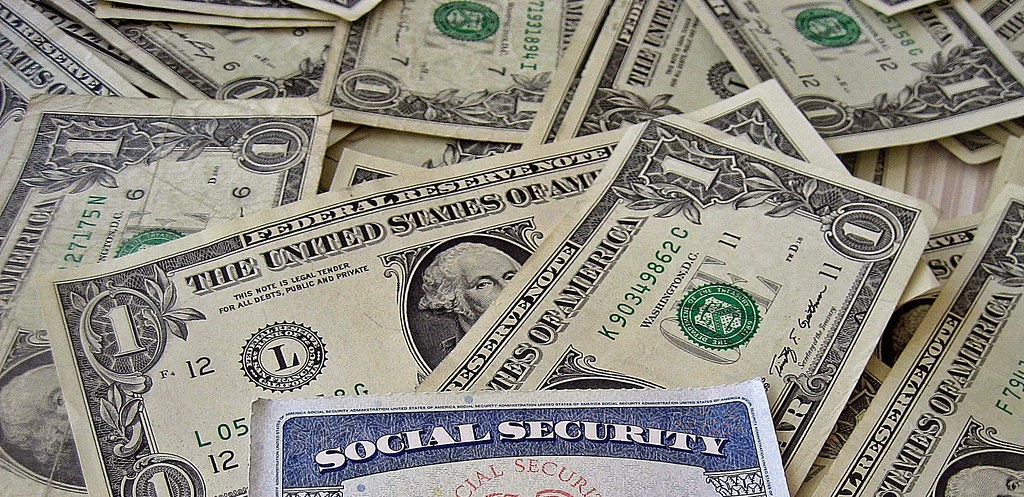
14. **Rogan’s Vision for Fundamental Security: Food, Housing, and Free Education.**
Expanding on his call for a stronger social safety net, Joe Rogan articulated a clear and comprehensive vision for fundamental security, outlining specific necessities he believes should be guaranteed for all citizens. His proposals extend beyond mere income support to encompass core human needs, reflecting a holistic approach to societal well-being in an era of rapid change. This detailed plan underscores his commitment to creating a stable foundation for every American.
Rogan explicitly argued that basic needs like food and housing should be universal guarantees. He believes that in a developed nation, no individual should lack these fundamental requirements for survival and dignity. This stance reflects a powerful conviction that societal progress is intrinsically linked to ensuring every member has access to the essentials of life, preventing the widespread hardship he foresees with AI-driven job losses.
Furthermore, his vision extends to education, advocating for what he calls “free, college-level education.” Rogan asserts that learning and intellectual development should be accessible to all, irrespective of socioeconomic status. He believes that investing in universal, high-quality education is paramount for empowering individuals to adapt to a changing job market and contribute meaningfully to society, countering the potential dislocating effects of automation.
This comprehensive package of guaranteed food, housing, and free education represents a significant philosophical stance for Rogan, moving beyond traditional conservative or libertarian talking points. It positions him as a voice advocating for communal responsibility in the face of technological disruption, seeking to ensure that the monumental changes brought by AI ultimately serve humanity rather than leading to widespread societal instability and suffering. It’s a call to move past the trivial skirmishes and address the profound challenges that truly matter.
Joe Rogan’s multifaceted commentary on the Jimmy Kimmel drama ultimately served as a launchpad for a much broader discourse. His warnings to the MAGA movement, his critiques of polarization, and his forward-looking solutions concerning AI and a robust social safety net collectively paint a picture of a society at a crossroads. He implores listeners to look beyond immediate partisan battles and embrace principled stands, community solidarity, and a pragmatic approach to future challenges. In a landscape often characterized by noise and division, Rogan’s voice continues to demand attention, urging a collective rethinking of what it means to be a nation facing unprecedented change.



